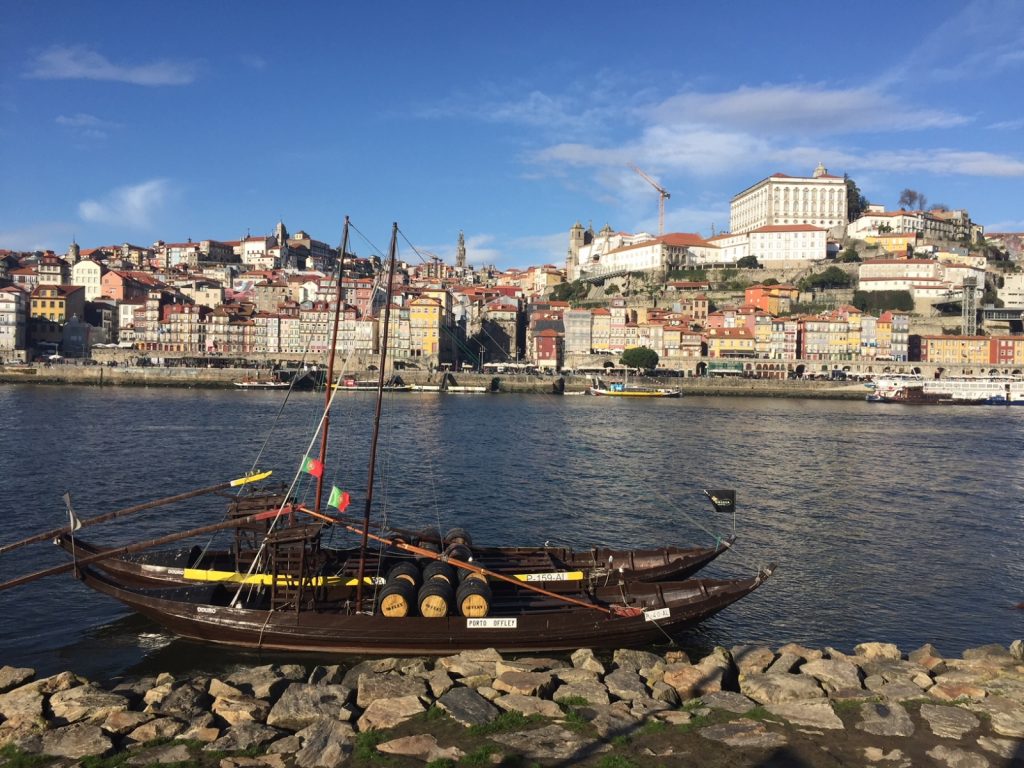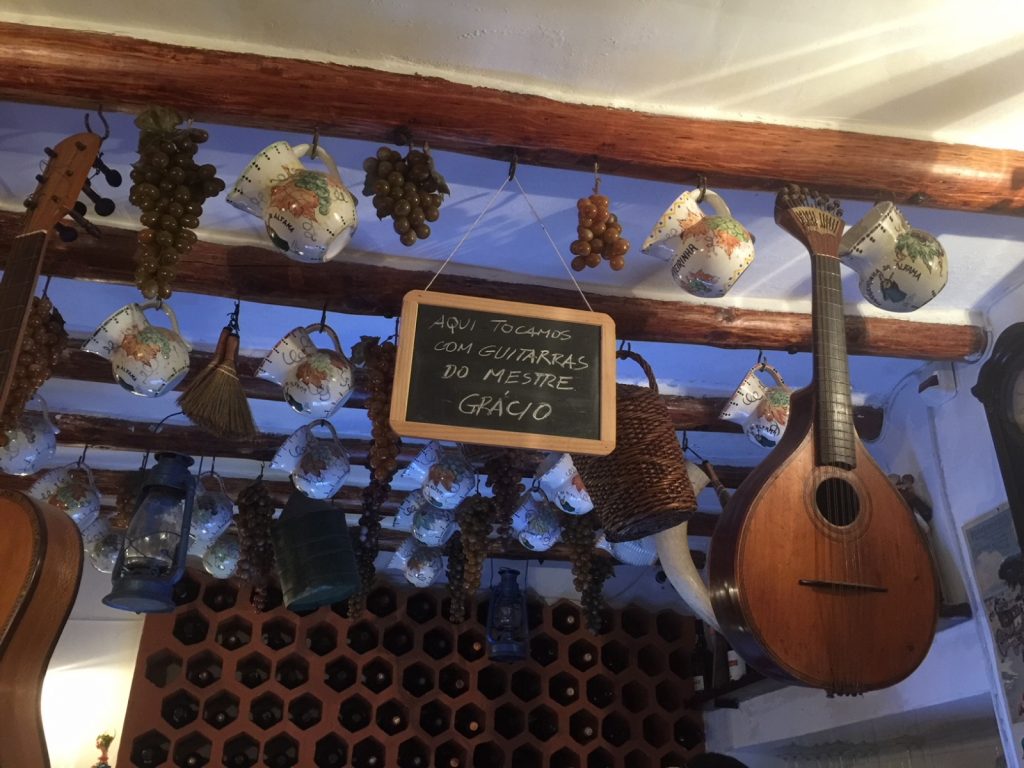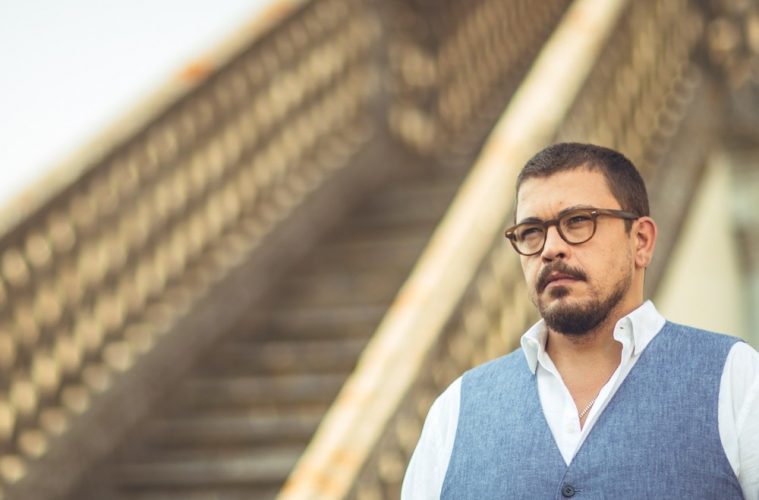Just after New Year’s, I found myself navigating the twisty alleyways of Lisbon, in search of traditional fado, the soulful song of Portugal. On an upcoming Friday evening, you only have to get yourself to Beverly. Ricardo Ribeiro, one of the luminaries of modern fado, has added the historic Larcom Theatre on a world tour that includes Tehran and Tunisia. Ribeiro has been getting attention for his total commitment to fado, the traditional songs of the Portuguese people that speak of home and hearth, lost love, of country life, and sensual songs of the sea.
“I believe it’s a critical part of our cultural heritage,” says Karen Rodrigues, president of Portuguese-Americans for Higher Education, a Peabody-based organization that raises scholarship money for North Shore students of Portuguese descent. “Between our food and fado, that’s what will keep this culture going. It’s our version of oral history. The songs are poignant to our cultural consciousness.”
Even if you can’t understand the words, you can feel the soulfulness, says Rodrigues. “It’s about the ability to watch the singer really truly sing from their soul. It’s a feeling. For me, it’s very emotional.”

In the ‘70s, fado was a major export to serve the immigrant community and a way for the country to project its identity. Half a dozen of the bigger fadistas from the 1960s and ‘70s came through Peabody. They stopped at social clubs and schools as they toured nearby cities and performed for those whose parents or grandparents had crossed the ocean to make a different seaside place their home.
Today, fado has gained its position in the World Music circuit, thanks to a 2011 UNESCO Intangible Cultural Heritage designation. A typical audience in Lisbon is a couple dozen people in a cozy restaurant carefully listening as the 12-string Portuguese guitar and the fado singer share an intimate dialogue.
“It’s an ongoing conversation,” says Peabody native and co-founder of the Portuguese American Cultural Exchange, David Mendonça. “The challenge is to keep the connection to the music and to do something different. It’s a very conservative art form and an extremely creative and always evolving one.”

Mendonça’s organization, which is co-organizing the concert at the Larcom, has the ambitious mission of trying to stimulate interest in fado music in younger people. They’re also working to foster collaborations with U.S. and Portuguese musicians. Mendonça, whose parents are from the Azores, spent a year in Lisbon’s Alfama neighborhood, taking in 150 nights of the music of his ancestors.
This is where he came into contact with musicians like Ribeiro. At 35, Ribeiro spent his youth studying with the masters to learn about the history of his craft. I caught up with the busy fadista—through the help of a translator—while he toured this winter. When asked just what this traditional music can teach us about our shared humanity, Ribeiro answered, “The fado draws us in through its authenticity. Through the simple truths that it shows to the world. It also has to do with the emotional and spiritual power that enables the public to journey with the fadista and musicians.”
Ricardo Ribeiro will be joined by special guest Tânia da Silva at the Larcom Theatre on March 23 at 8 p.m. Proceeds from the event will support college scholarships through Portuguese-Americans for Higher Education. For ticket information, see thelarcom.org. 13 Wallis Street, Beverly. (978) 922-631

